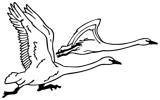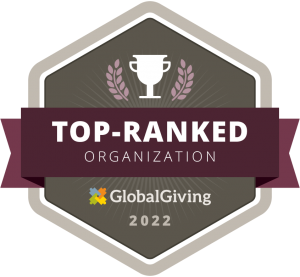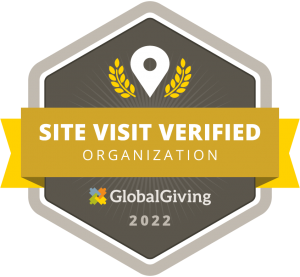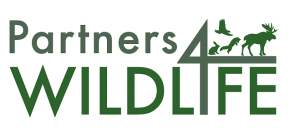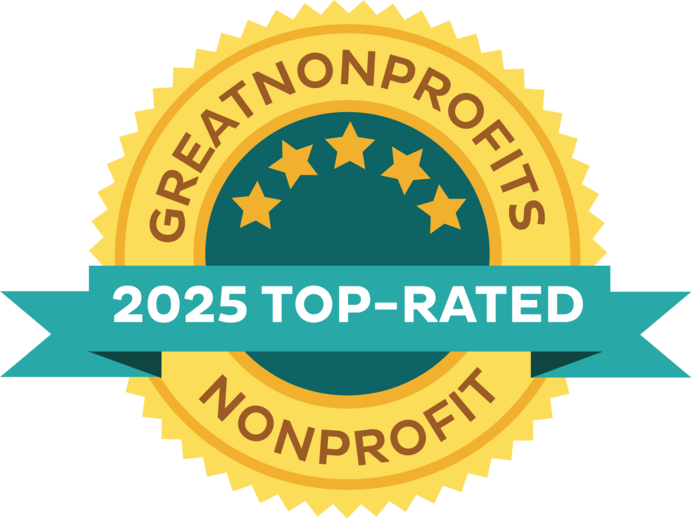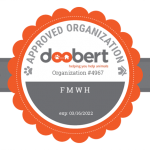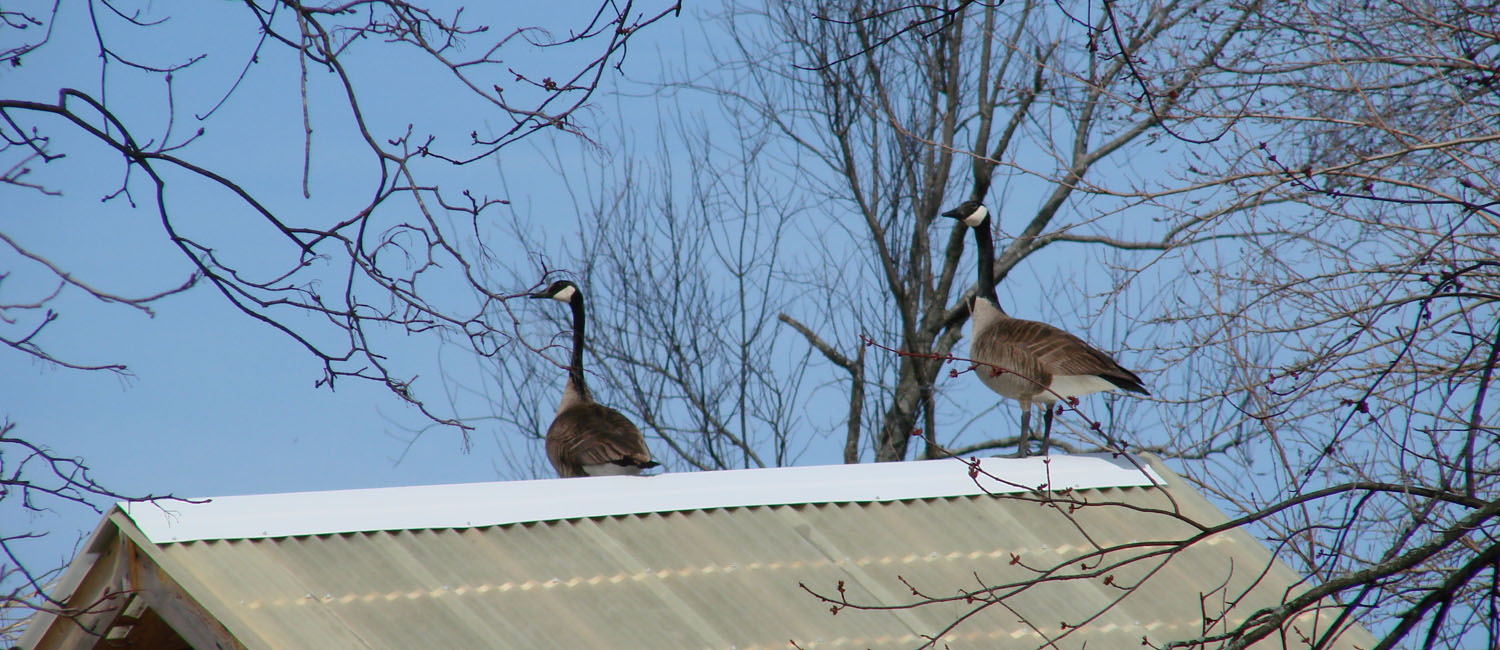
Avian Influenza
March 21, 2022| Updates|
Fellow Mortals, Wildlife Rehabilitation, and HPAI (highly pathogenic avian influenza)
As I write, my heart is full of the promise of spring, buoyed by the sight of vultures and grackles and cranes and so many other signs of a new season. Our staff is rested and ready and when wild baby births are at their peak, we will be joined by a team of what we anticipate being exceptional interns.
As you have probably read, HPAI has been detected in multiple states including Wisconsin and Illinois. Highly pathogenic avian influenza is a virus that is spread through the air and through feces and objects, like shoes, car tires, clothing. It has caused death of both domestic poultry and wild birds this spring, including bald eagles, other raptor species, shorebirds, and waterfowl like ducks, geese and swans.
It is important for you to know that avian influenza does NOT present an immediate public health concern. No human cases of these avian influenza viruses have been detected in the United States. There is no reason for you to fear or hurt the wild birds in your yard.
The virus does, however, pose a threat to our permanent education birds and birds that we will admit from you this spring.
This is where we need your help.
In order for us to continue to accept new patients this spring, we will be operating under strict protocols for staff and the public to prevent the introduction and spread of the virus within our hospital. We will also be investing in construction of separate facilities to be used to quarantine and provide care for individuals of species most likely to be carrying or affected by the virus.
From now until June 1, if you observe a wild bird exhibiting one of the following neurological signs:
Swimming or walking in circles, moving the head in a “jerky” motion, or holding the neck and head in an unusual position –
not just drooping, but held to the side or with the head lying against the back and looking upward
DO NOT intervene and do not contact your local wildlife rehabilitator.
DO contact your local wildlife biologist.
You can find out who to call by following this link: https://dnr.wi.gov/staffdir/_newsearch/contactsearchext.aspx?exp=wildlife%20biologist&exptype=e
*The birds most likely to be observed and affected by HPAI include bald eagles and other raptor species; waterfowl (ducks, geese, swans); waterbirds (loons, grebes, coots, pelicans, shorebirds, or wading birds such as egrets, herons, or cranes); and avian scavengers (crows, vultures, gulls).
Fellow Mortals Admit Protocols — Immediate and until June 1, 2022
We anticipate continuing to admit injured and orphaned songbirds of most species, as well as injured and orphaned raptors and waterfowl. However, our admit procedure will depend upon the individual bird.
In some cases, we will be meeting you at your car instead of having you come up to the hospital admit area. In other cases, the admit procedure will be as usual, where you bring the bird to our isolation room and then come around to the education area while we perform an initial examination.
Thank you for following these guidelines while we navigate this new threat to wildlife:
1. DO NOT contact us about a bird that should be reported to the WI DNR wildlife biologist
(See The birds most likely to be observed and affected by HPAI)*
2. DO follow our policy of having an appointment before coming to the hospital
3. DO make observations and make notes about where, when, and how you found the bird
and take photos and videos to document behavior
4. DO NOT contain or transport an animal unless you are instructed to do so
5. DO let us know if you work with poultry or the bird you found has been in contact with poultry
6. DO NOT drive in past the parking area at the entrance
7. DO follow our instructions in regard to how to transport the bird to our hospital
8. PLEASE understand that these extra precautions are for the protection of the animal you found,
as well as for the other wild ones in our care
With your assistance, we can continue to help the injured and orphaned wild ones who need us.
“A challenge only becomes an obstacle when you bow to it.” – Unknown author
SPECIAL DONATION PLEA:
We will be incurring substantial expense estimated at approximately $60,000 in order to accept birds from the wild while protecting those already in care. This includes building more caging, setting up quarantine areas, adding additional staff, purchasing expensive PPE etc.
You can help in many ways:
You can Donate Here, or make a gift from our Wish Lists at Amazon or Chewy.
Call 262-248-5055 to donate CLEAN cotton poly-filled comforters, flat sheets, or pillowcases.
Yvonne Wallace Blane, co-founder
Fellow Mortals Wildlife Hospital
Last modified: March 25, 2022
© 2026 Fellow Mortals, Inc.
W4632 Palmer Road | Lake Geneva, Wisconsin 53147
NOTE: All Visits are by Appointment Only —
Phone: (262) 248-5055 to make an Appointment
